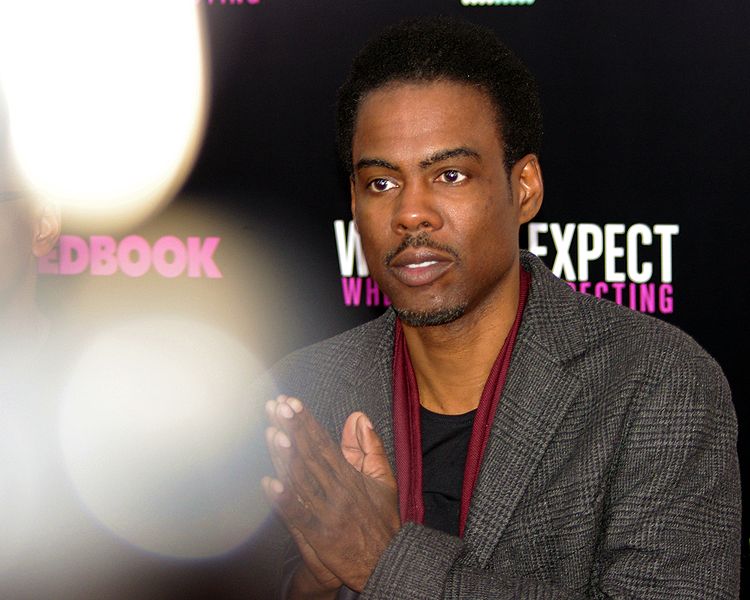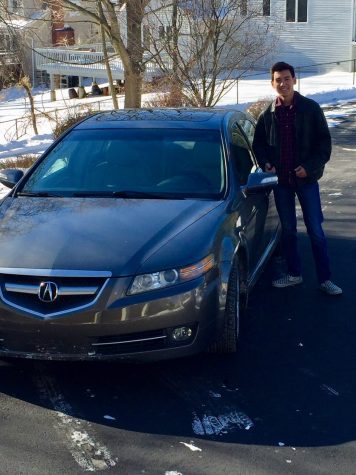‘Diversity’ in movies isn’t shades of black and white
(courtesy of Wikimedia Commons) Chris Rock at the 2012 premiere of “What to Expect When You’re Expecting”
April 19, 2018
Ever notice Asians in Hollywood often play losers? Indians play a lot of doctors and nearly every Arab has played a terrorist. And Latinos are often cast as gang members, criminals and drug dealers.
But it seems like whenever racism in Hollywood comes into the spotlight, the media is focused on a select group of minorities, and the rest become a forgotten punchline.
In 2016, the Oscars was embroiled in a controversy when the media observed a lack of diversity in the nominations. Desperate to deflect the scandal, black comedian Chris Rock was hired to host the Oscars. After the show, countless media outlets praised Rock for making light of the social issues.
But nobody really seemed to care when Rock completely stepped on another minority group: Asian-Americans. He dragged three Asian children onto the stage (with no speaking lines), made them the butt of two awful racial jokes and then herded them off.
To complain about a lack of diversity and then turn another race into a segue for cheap laughs is not only hypocritical, but is also undeniable proof that some races take priority over others.
With the Me Too movement currently in the spotlight, it’s easy to believe that racism in Hollywood has now been “solved.” But replacing one problem with another one does not fix anything.
Take it from Korean actor Steve Park, a guest star from the cult sitcom “Friends.” His experience on the set of “Friends,” however, wasn’t so friendly; according to a 2011 article from film website rogerebert.com, the assistant director called for another Asian actor with “Where’s Hoshi, Toshi or whatever the f*ck his name is. Get the Oriental guy.”
That may appear funny to some people, and that’s the point; if the assistant director said something similar while referring to an African American actor, there certainly would be national outrage. Park’s mission statement on the treatment he witnessed while on the set of “Friends,” entitled “Struggling For Dignity,” has since played an important role in Asian-American empowerment.
In light of both the Me Too movement and the #OscarsSoWhite scandal, there are still other races struggling to get recognition. And stepping on them to get ahead in the name of “equality” turns an otherwise noble pursuit backwards and away from its original purpose.


